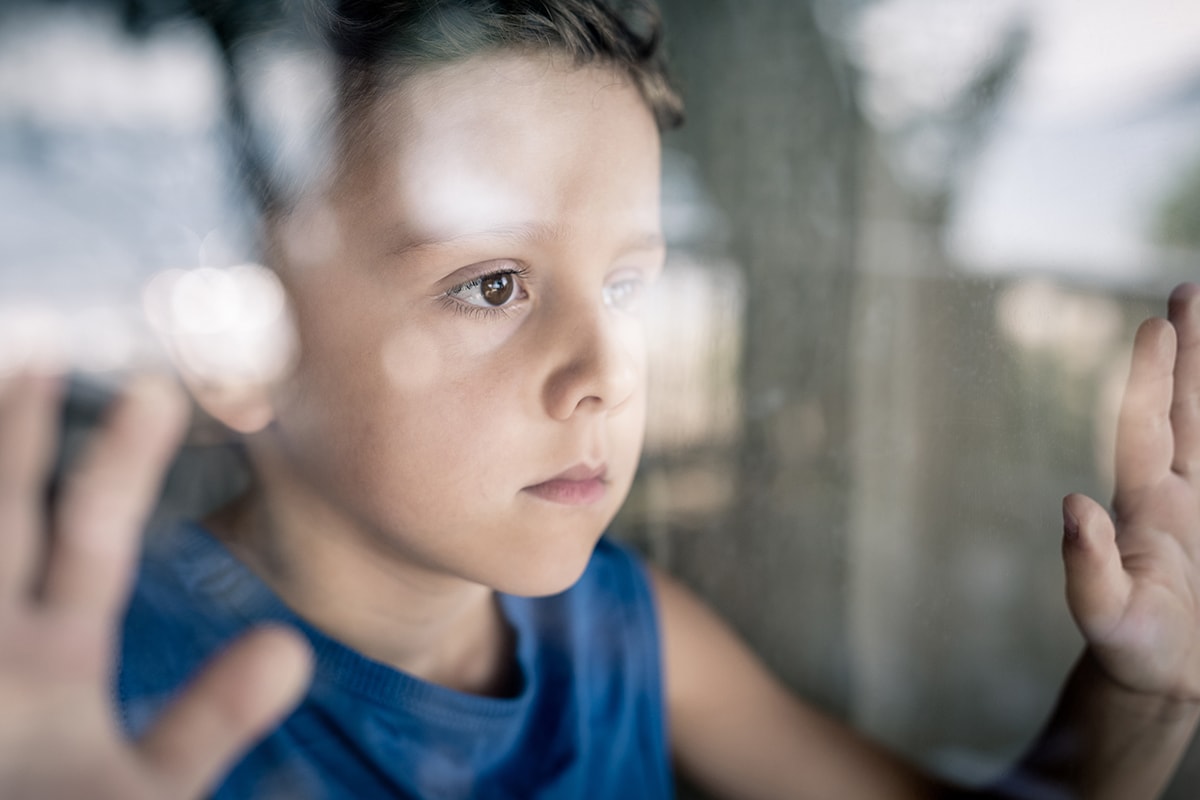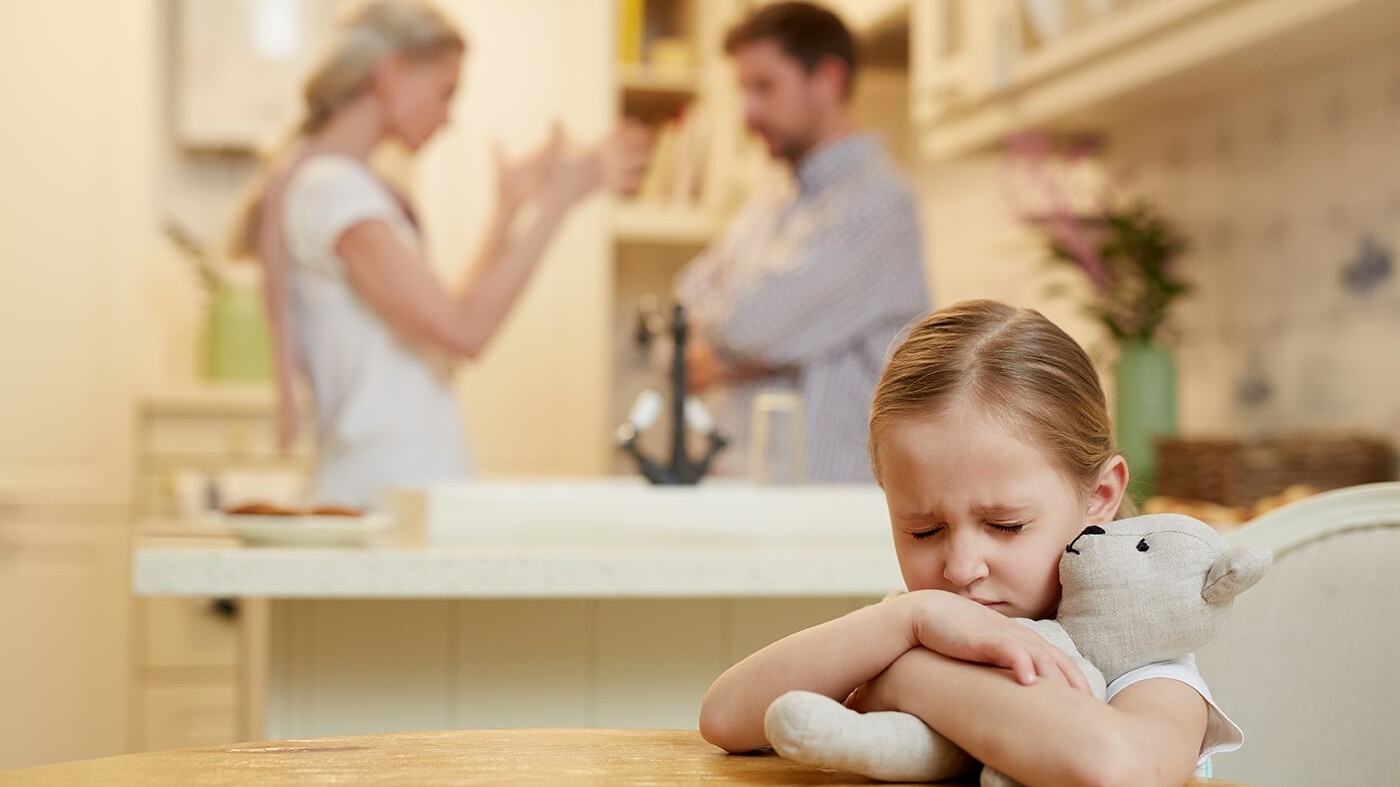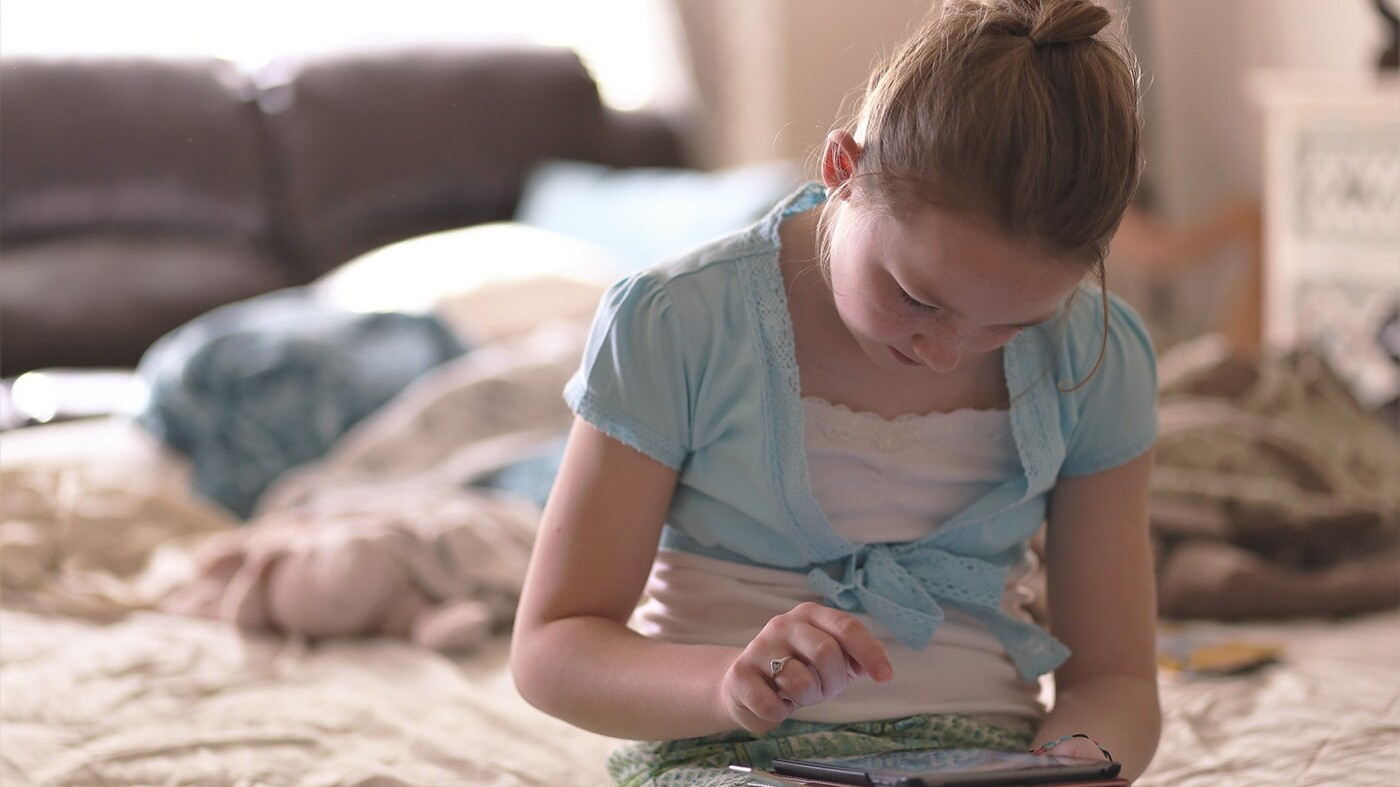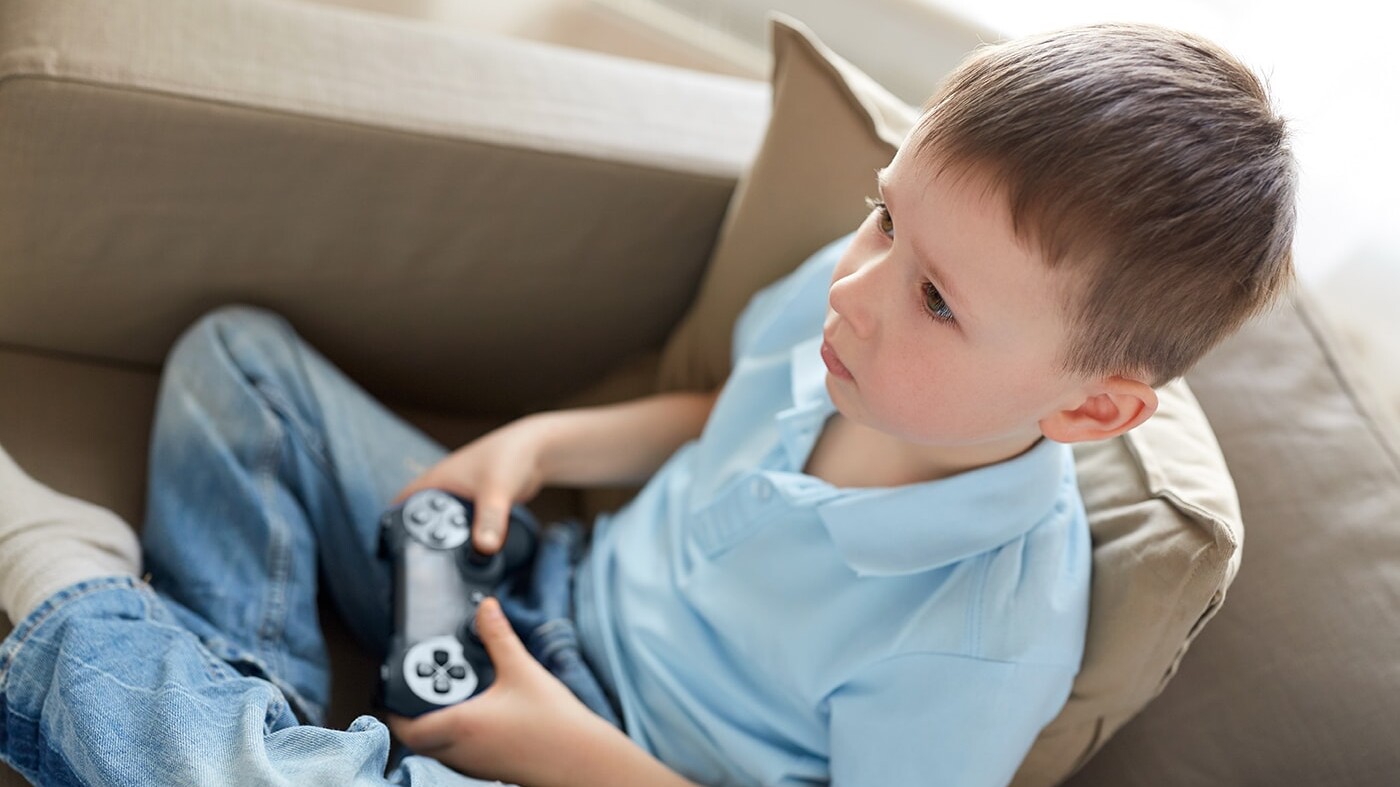We all want our kids to become their very best selves. We support, encourage and prod them so that they can be everything they are capable of being. You would think then that our kids would not be filled with anxiety, that they would instead, be emotionally resilient, confident and bold. You would think they would have a strong sense of self-worth
Yet, one of the greatest emotional epidemics of modern times affecting our kids is that they struggle with an inner belief of “I’m not enough.”
The inner pain that such a belief about oneself causes, is immense. It fills the child with anxiety and affects absolutely everything in the child’s life. The belief that: ‘I am not enough’ affects them emotionally and academically, and even impacts their health. Every day, I see children and teens who are anxious because they cannot cope with the inner feeling that they can never be enough for their parents and their teachers; sometimes, even, that they are just not enough for this world.
Why does this happen?
What strikes me is that all these kids have such loving parents. And still the child is hurting inside! Still the child has so little self-worth. Still the child is so anxious. Why? It seems that although our intentions are positive, we are constantly sending our kids the message that they need to be better. The more we encourage and pressure them to be better, do better, behave better, the more they come to the conclusion that what they are hearing is … “You’re not enough the way you are.”

Low self-esteem and anxiety go hand-in-hand.
This feeling of ‘not enoughness’ causes kids to feel extremely anxious about whether they will be able to meet the expectations of their parents, teachers and peers. This anxiety changes their chemistry making it difficult for them to focus, pay attention, behave well or feel good about life – with the result that they actually can’t meet the expectations of others.
The belief of I’m not enough’ then grows stronger
And the anxiety increases
The 4 mistakes that parents unknowingly make
Mistake #1:Trying Too Hard to ‘Fix’ the child
Understandably, all parents so badly want their kids to cope to be okay, to be happy and successful. Moms and Dads, when you try too hard to ‘fix’ the child, you are so driven by your desire to help them that you may tend to have stressful conversations with your children. These conversations focus much more on what isn’t working and much less on the things that ARE working – on the wondrous kids they are and all the wonderful things they do. This has unintended consequence that create the very thing you don’t want:
The child hears ‘You are not enough.’
The child’s anxiety increases.
Mistake #2: Trying to fix our kids, without first fixing ourselves.
We may not realize that the reason why we are so passionate about our kids succeeding is because we ourselves don’t feel as though we are enough. In my work and research, I have discovered that every child I see who doesn’t feel good about himself, has one or both parents who are stressed and who themselves feel like they are not enough. Kids know how their parents feel! If we want our kids to be confident and anxiety-free; if we want them to be happy and stress-free, we must be a great role-model this.
You cannot give your kids what you yourself don’t have
You need to be the living example of everything you want your child to be.
Mistake #3: Seeing Your Kids as being limited
When your child is experiencing attention, behavior or mood problems, it is too easy to fall into the trap of starting to see the child as being limited. It is important to realize that beliefs have power. What we believe is what we see and then becomes what we get.
See your children as unlimited and remarkable things will happen.
Mistake #4: Looking for the solution in the wrong place
The first instinct of a parent whose child is grappling with a problem, is to ask the question, ‘Who should I go and see about this? What doctor do I go to? And so begin the trips to different doctors and therapists. All the while the most powerful solution lies in right at home in the dynamics of the parent-child relationship. Taking a child to a therapist, fetching him an hour later, bringing her home and then (completely unintentionally) parenting your child in ways that actually trigger the problems, doesn’t make a whole lot of sense.
When parents adjust their relationship with their child, to meet the child’s unique temperament and needs, miraculous healing takes place.
If you want to know more about this sign up on my website for a Free Consultation and read my book, Parents Take Charge: Healing Learning, Behavior and Mood Problems Without Medication
You can also hear what I have to say in this short video!
4 steps of action to reduce your child’s anxiety
1) If you have a child that is anxious, please take it as a message that you could be parenting them in a way, (with all the love in the world), that is not right for them. Be careful not to think that being anxious is just ‘my child’s nature.’ There is a reason why your child has the neurochemistry of anxiety flowing through his or her brain.
2) Be sure not to blame yourself as a parent. Feeling guilt will only give you stress, and stressed parents create stressed children. Let yourself know that you have always parented the best way you knew how, AND THEN commit to making some necessary healing changes to your parenting style.
3) Start having ‘Healing Conversations’ with your children. Identify all the wonderful characteristics your kids display and speak about this to them. Let them know that you see these characteristics and this is what make them the wondrous child they are. Be sure to use the 5-1 Rule. This means that on any given day your child hears five positive messages from you to one negative one. The reason for the 5-1 rule is that when you speak about five positives to one negative the child’s brain begins to encode a new belief – “I am SO Enough.” Try this and you will be amazed by the transformation in yourself, as well as your children. You will begin to see your kids through less judgmental eyes; you will enjoy the wonder of who they are; your stress will decrease, and your kids will become calmer and happier.
4) Identify your child’s unique preferences and talents. Discover what they love to do. Identify what comes more easily to them. And then learn what you need to do to build on this talent. This will reduce your child’s stress and anxiety and increase the feeling of, “I’m SO enough!’
Every single child I have ever worked with has a unique talent that they came into the world with.

Dr. Sandy Gluckman is a parenting therapist for families that have children with learning, behavior and mood challenges. She uses an integrative approach, which she calls ‘spirit-body-brain medicine’ for treating children with Anxiety, ADHD, Defiance, Depression, Low Motivation and Low Self Esteem, and much more. Her practice is called Parenting That Heals. This blog is for informational purposes and not intended to take the place of a licensed healthcare provider. Contact Dr. Sandy Gluckman in Dallas (Frisco) Texas at 214-682-8980 or sandy@gluckmangroup.com. She is the author of the book: Parents,Take Charge: Healing learning, behavior and mood challenges without medication. A 3-Step Program.
Subscribe to my YouTube Channel and Facebook page where you will learn powerful parenting tools for healing your child.
You May Also Like...
Your Children can Sense Your Anxiety, Stress or Sadness, 4 Tell-Tale Signs
When our children are anxious, worried, or sad, it is very often because they are picking up that…
The Top 3 Things to Heal Your Child’s Anxiety
Anxiety is a horrible thing. It just eats away at us on the inside, making life so much harder to…
The Real Truth about Healing Your Child, Spirit-Body-Brain
Dr. Sandy Gluckman, an integrative child therapist, and Dr. Alina Olteanu, an integrative…
Is Screen Addiction Responsible for My Child’s Mood and Behavior Challenges? And if so, what do I do about this?
The answer is YES! But before I tell you what to do about this let’s talk about what happens to a…
Why Your Child is Unmotivated and What to Do About It
There seems to be a lot of children who have low motivation and little desire or drive to learn,…
Is Your Child a Canary in the Coal Mine?
I am so glad that you are reading this because it means that I have the opportunity to tell you…
Is Your Child’s Behavior with Social Media or Video Games a Sign of Addiction?
8 Ways to Prevent or Reverse Addiction Many parents are uncertain about whether their children are…
Choosing the Right Practitioner for your Child
In a world where too many kids struggle to learn easily, feel good and behave positively, there is…
Is Your Child Really Smart in Some Ways and Really Challenged in Other Ways?
I am truly blessed because I get to do what I love every day, working with some of the smartest and…










